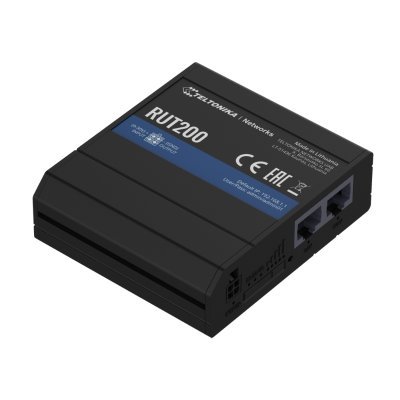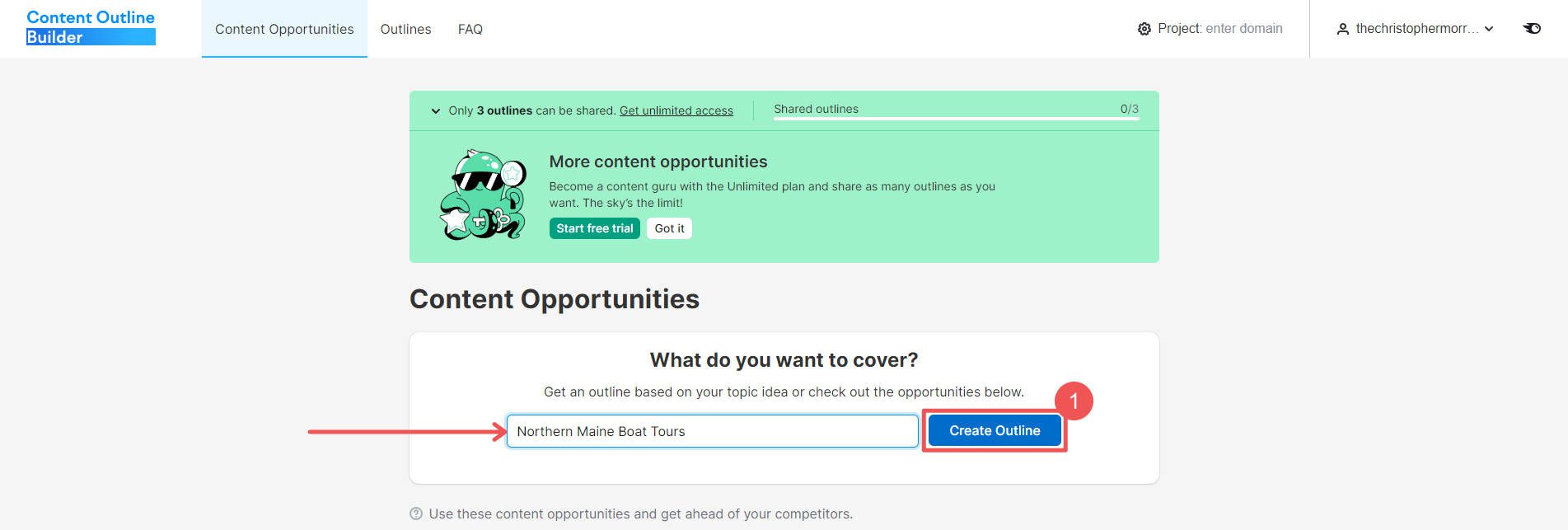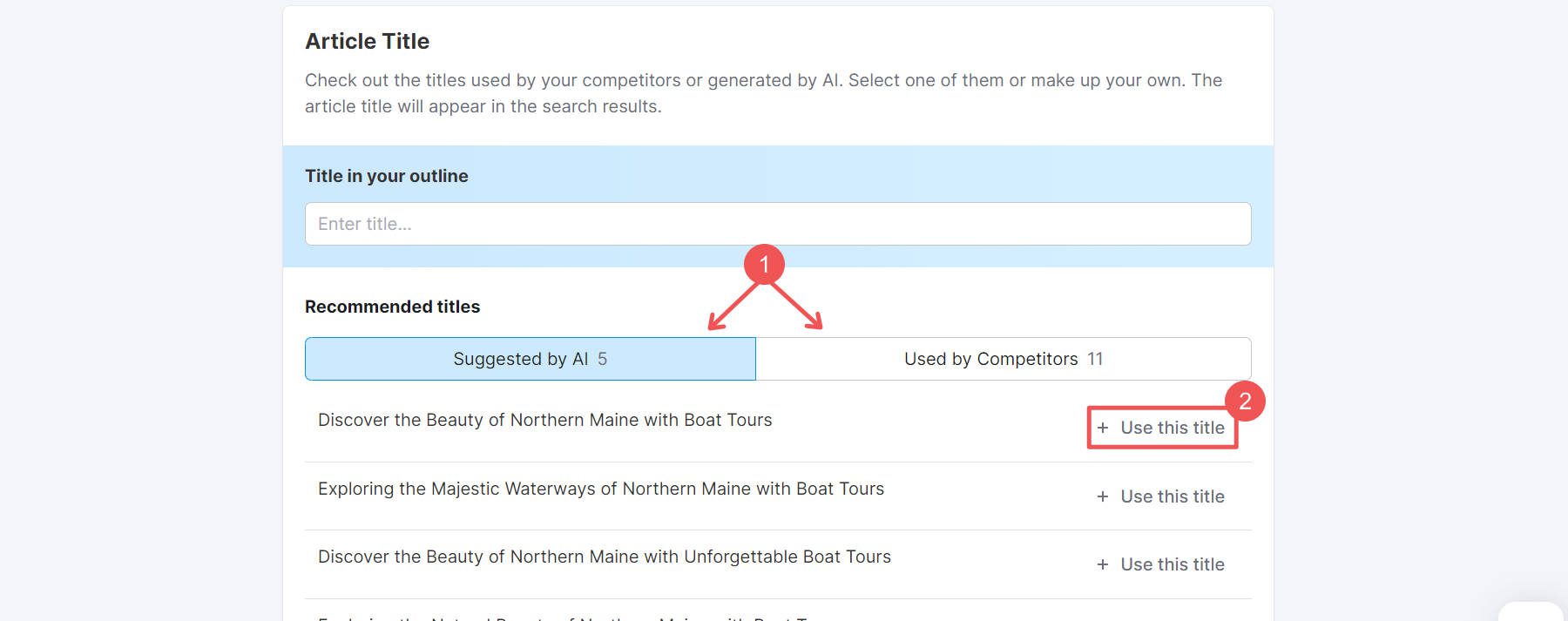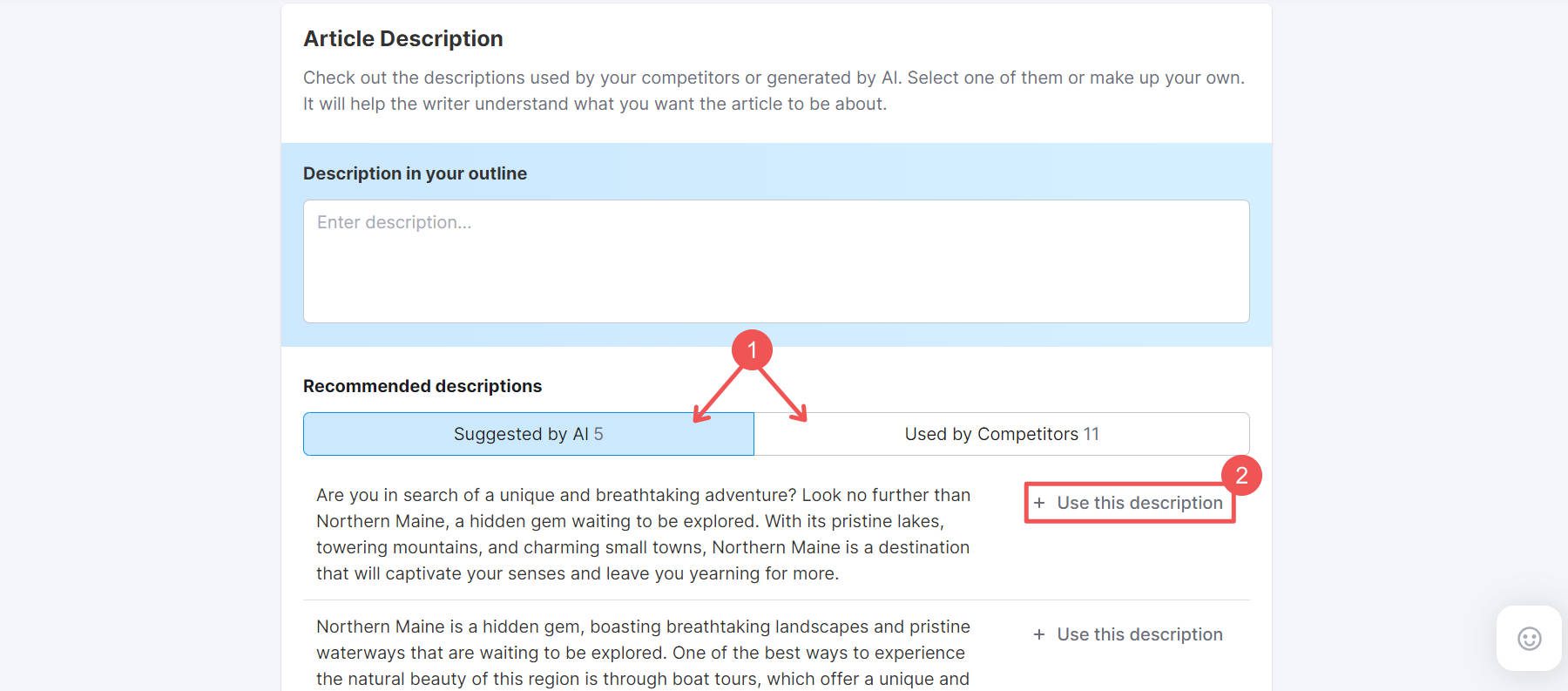
/file/media/uploads/product12-1.jpg)
Bộ phát wifi LigoWave LigoDLB 5-15ac PtP/PTMP 5 GHz băng thông 500 Mbps 15dBi antenna
Using Artificial Intelligence (AI) in SEO is more than a passing trend. Many website owners have been experimenting with practical approaches to boost your WordPress site’s performance significantly. Here’s how:
Chính sách bán hàng
Hàng chính hãng, CO/CQ đầy đủ
Giá cạnh tranh, ưu đãi dự án & đại lý
Tư vấn miễn phí, hỗ trợ kỹ thuật 24/7
Miễn phí giao hàng toàn quốc
Bảo hành minh bạch, chuyên nghiệp
Hỗ trợ trực tuyến
Understanding How AI Can Improve WordPress SEO
Using Artificial Intelligence (AI) in SEO is more than a passing trend. Many website owners have been experimenting with practical approaches to boost your WordPress site’s performance significantly. Here’s how:
Understanding Search Intent
AI algorithms like those in Semrush can analyze high-level user needs from search queries. This analysis provides insights into what your audience is looking for, allowing you to tailor your content to meet their needs and expectations. You can vaguely tell if your content should fit into one of these buckets: Informational, Commercial, Transactional, or Navigational. Search intent helps you predict what searchers are looking for with a given term so you can provide the content they need. The more you address their needs, the more they may appreciate other insights you may provide in your content.
Enhancing Topical Authority
You can create content demonstrating expertise and relevance in your niche by utilizing AI and Natural Language Processing (NPL) to develop rich content with related keywords and semantic topics. As search engines grow in sophistication, they’ll look for things beyond NPL and topical coverage, but these are good things to include at a base level. This approach helps search engines understand your content’s context. It also gives you something to add to your expertise while hitting the essential marks needed to rank.
Optimizing On-Page Elements
AI can assist in fine-tuning meta descriptions and keyword usage. By analyzing SERP data, you can gain insights into competitor strategies, allowing you to improve your click-through rates and rankings.
Ensuring Quality with E-E-A-T Standards
Part of the point of Google’s standard for rankable content is for site owners to lean into better content and not just more of it. Using a programmatic SEO approach with AI writers with little oversight isn’t the way to go. However, using AI correctly can make your writers even more efficient. AI can evaluate the quality and relevance of your content, ensuring alignment with the latest search engine guidelines. Factors such as expertise in the subject matter, the effort put into research, the authoritativeness of sources, the trustworthiness of information, content length, and readability are analyzed to meet high standards.
WordPress SEO Optimization with AI Tools
We’ll spend most of our time in this article seeing how three AI tools, in particular, can help WordPress site owners with their SEO efforts. These are Semrush, Divi AI, and Rank Math SEO.
First, let’s see how Semrush’s various tools can help set us up for success.
1. Outline and Keyword Research with Semrush
Semrush is a comprehensive suite that aids SEO research, especially for WordPress sites. Its free Content Outline tool is a standout feature that helps you organize and optimize your keywords and ideas. Learn more about their AI Content Outline Builder.
How to Use the Semrush AI Outline Builder
Semrush’s Outline Builder is the easiest-to-use AI tool by Semrush. You can use it and share up to three outlines for free. To get started, provide a topic you want to cover. We’re building a homepage for a boat tour business in Maine. We’ve tested this tool with blog articles, homepages, and landing pages—it performs well in each case. Click “Create Outline.”

The first major aspect of the outline builder is the SEO Title. You have three options:
- Write your own title
- Use AI suggestion (recommended)
- See competitor titles that are ranking in the SERPs (excellent for research)
In our case, we liked the AI’s first suggestion. When you’ve found yours, click “+ Use this title.”

Next, your options for article description mirror those for the title: write your own, draw inspiration from competitors, or adopt an AI suggestion. Feel free to start with an AI-suggested description and modify it to align with your vision.

Next, it will give you basic keyword recommendations, but using Semrush’s Keyword Overview tool is best, which we’ll touch on in a moment.
The last major step is actually building your page outline. This section lists AI-suggested and competitor headings/questions based on your topic. Include the ones you want by dragging them over to your outline. You can even add your own using the “+ Add subheading/heading” button on the left. This table of contents section is excellent for structuring your page, whether it’s a landing page or a blog article.
